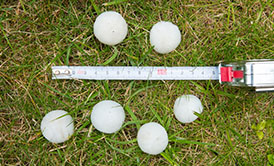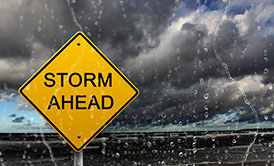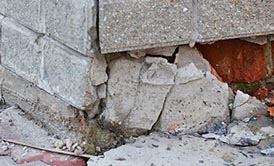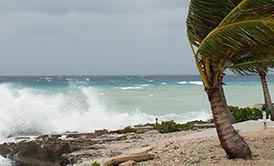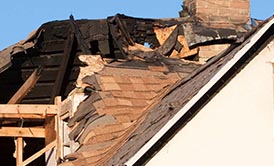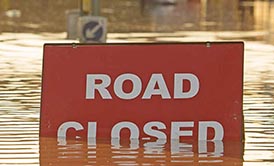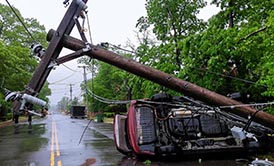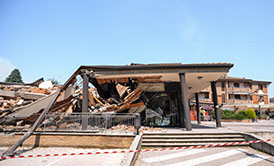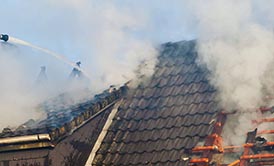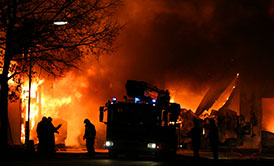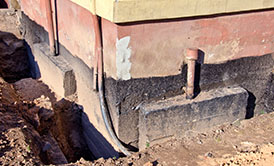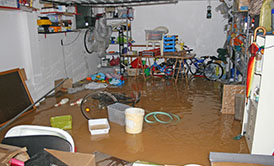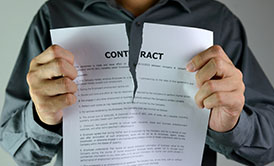Flood Damage Insurance Coverage
Most flood policies cover direct physical damage to buildings or personal property as a result of flood. The extent and amount of your damages may be up for debate as to what caused the damage. The answers to these questions may determine whether the damages are covered under a standard homeowners policy or flood policy. The determination regarding causation (i.e., flood v. wind) can have significant consequences on what you’re entitled to recover from insurance. For example, most homeowners policies provided loss of use coverage which will pay for you to live at another home while your claim is being adjuster and while the repairs are made. Flood policies don’t typically provide loss of use coverage.
In general, flood insurance covers loss to the following:
Building Property coverage – flood coverage protects the insured’s building and foundation as well as the home or building’s various components (e.g., electrical and plumbing systems, HVAC equipment, water heaters, built-in appliances, permanently installed carpeting and paneling, etc.).
Contents coverage – flood coverage generally protects against loss to personal belongings, including clothing, furniture, electronics, curtains, portable HVAC systems, washers and dryers, carpets not included in building coverage, certain valuable items, etc.
Most flood insurance policies do NOT insure loss for Building Property or Contents coverage for the following items:
- – Additional damage to property caused by moisture, mildew or mold that could’ve been avoided by the property owner;
- – Landscaping, septic systems, walks, decks, patios, fences, swimming pools;
- – Currency, precious metals, and valuable papers;
- – Additional living expenses such as temporary housing in the event your home is not habitable; and
- – Financial losses caused by business interruption;
-
Some of the coverages identified below may be assessed by various experts, including engineers, environmental experts such as certified industrial hygienists, roofers, general contractors, among other qualified professionals. If you have questions or concerns about the individuals hired by the insurance company, you may need to retain your own experts.
As always, it is important to review your individual policy to determine the specific insurance coverage provided by your insurance policy. If you have any questions concerning your flood insurance coverage, please call the attorneys at Grisham & Kendall, PLLC, call (214) 308-2027.



